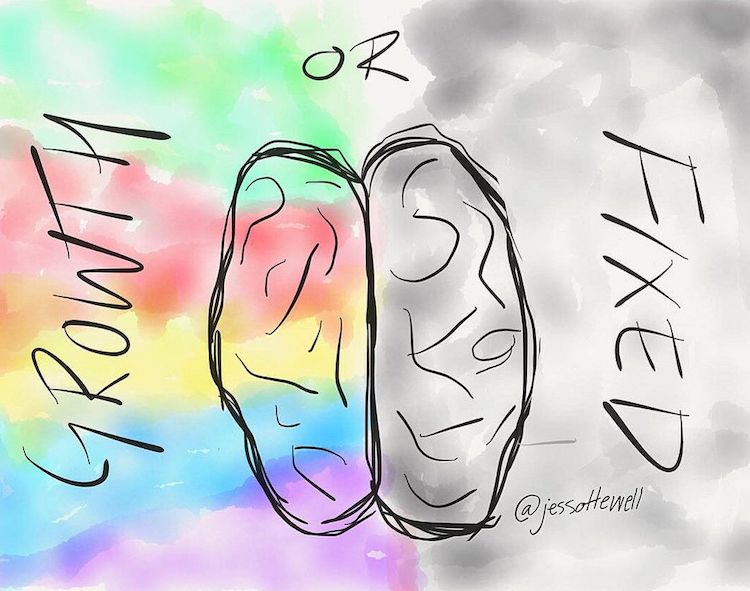Teacher Mindsets

PUBLISHED IN SASKATCHEWAN REGISTERED MUSIC TEACHERS, CANADA, “OPUS” JOURNAL, OCTOBER 2020.
But what about the teacher? Teachers teach from the perspective of their mindset. A teacher cannot cultivate a growth mindset among students if they believe that certain students have fixed learning traits. Take music for example. The majority of music teachers subscribe to a theory that superior achievement in music is due to genetic endowment. If a teacher believes that some people are more talented than others, then how do they teach and interact with the others? Meta-researcher John Hattie found the most consistent predictor of student outcomes is the expectation of the teacher. He found (an astounding) 250% differential in outcomes between teachers with high expectations and teachers with low expectations. Teachers might say they treat all students the same, and have high expectations of all, but this is not so. The give away is the language they use. Utterances such as “just do the best you can” and praising mediocrity are interpreted by students as indicative of low teacher expectation.
When teachers have high expectations of a student, they invest more attention in them, relate more positively, wait longer for a student to answer a question, and provide extra mentoring and learning opportunities. Hence, achievement becomes a self-fulfilling prophecy (see Rosenthal’s Pygmalion Effect studies).
In a sense it does not matter what the truth of the genetic argument is, for the impact on students is clear. Nevertheless, what is the evidence for genetic talent? The Human Genome Project was the world’s largest international biological project. Fourteen years of mapping the human genome expected to discover 100 000 genes and variant genes explaining exceptional performance across domains. But no variant genes associated with intelligence or exceptional performance were found, and among only about 19 000 genes. The human genetic structure is 99.9% identical. Expertise expert Anders Ericsson says that except for height, there is no firm empirical evidence for innate talent influencing expert performance in anything.
She plays so well because she has a talent. How do I know she has a talent? That’s obvious – she plays so well.
In every case, talent is identified retrospectively, and the emergence of prodigious skill follows rather than precedes unique opportunity and substantial work. No one has found a way to predict talent before they witness it. Investigations of superior achievement suggest that precocity is the result of early childhood experiences, parental support, a young starting age, training, practice hours, habits, metacognitive skill, and opportunity. These present a powerful confluence of factors. Understanding that cultivating a growth mindset among students is beneficial, is therefore, not enough. Teachers need to explore their mindsets to determine how it might impact their expectations of student achievement.
MICHAEL GRIFFIN
M. Ed Studies, B.Ed.
A. Mus. A
Adelaide, South Australia